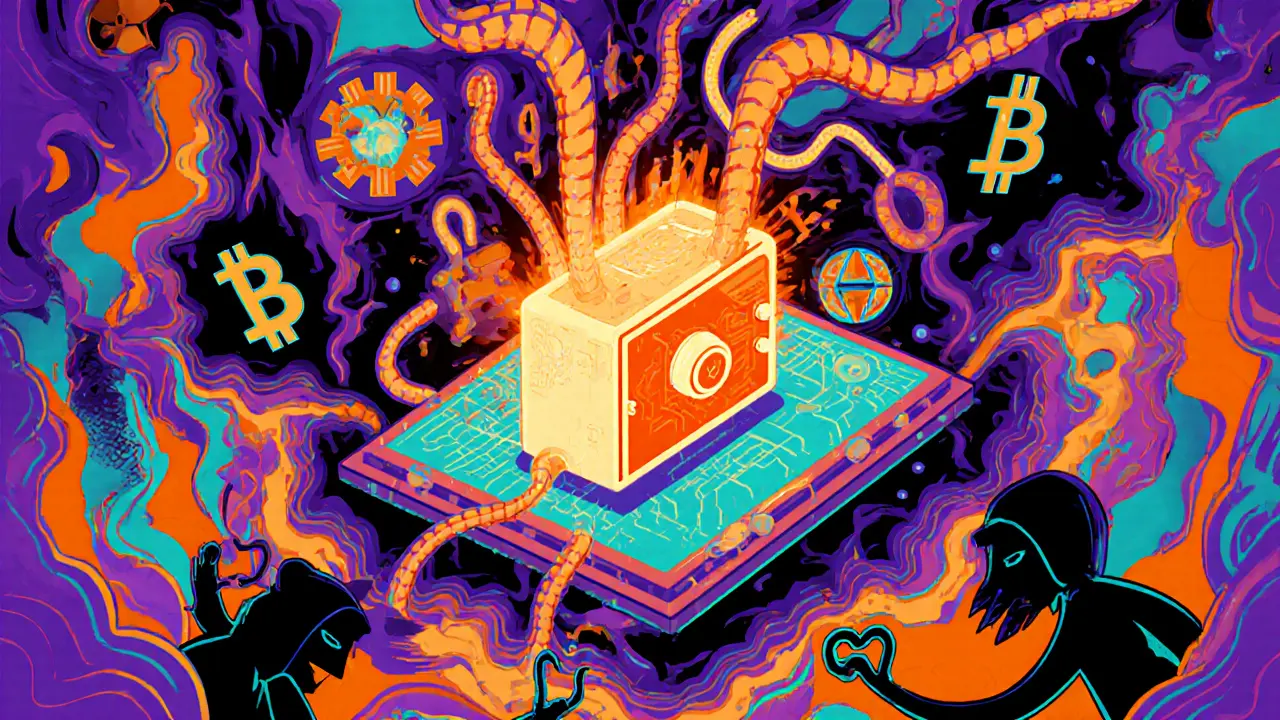Cold Wallet: Secure Your Crypto with Offline Storage
When it comes to protecting your cryptocurrency, a cold wallet, a type of crypto storage that stays disconnected from the internet. Also known as offline wallet, it's the only reliable way to keep your coins safe from hackers, exchange hacks, and phishing scams. If you own Bitcoin, Ethereum, or any other digital asset, not using a cold wallet is like leaving your house keys under the mat.
Most people think their crypto is safe on exchanges like Binance or Coinbase, but those are hot wallets, online accounts controlled by third parties. If the exchange gets hacked—or worse, shuts down—you lose everything. A hardware wallet, a physical device like Ledger or Trezor that stores private keys offline changes that. It lets you sign transactions without ever exposing your keys to the internet. And when you write down your seed phrase, a 12- or 24-word recovery code that gives full access to your wallet, you’re not just backing up data—you’re securing your entire financial future.
Why does this matter in 2025? Because scams are smarter, regulations are tighter, and exchanges are under more pressure than ever. The posts below cover real cases: how people lost everything because they trusted an exchange, how fake airdrops trick users into handing over seed phrases, and why even big names like JulSwap and Koinde can’t be trusted with your keys. You’ll find guides on setting up a hardware wallet correctly, how to test your backup without risking funds, and why multisig wallets are becoming the new standard for serious holders. This isn’t theory. It’s survival.
What you’ll find here aren’t fluff pieces. These are real stories from people who learned the hard way—and the practical steps you can take today to make sure you’re not next.
Understanding Different Types of Crypto Wallets: Hot, Cold, and Hardware Explained
Learn the differences between hot, cold, and hardware crypto wallets. Discover which type is best for trading, holding, or beginners - and how to avoid common security mistakes.
